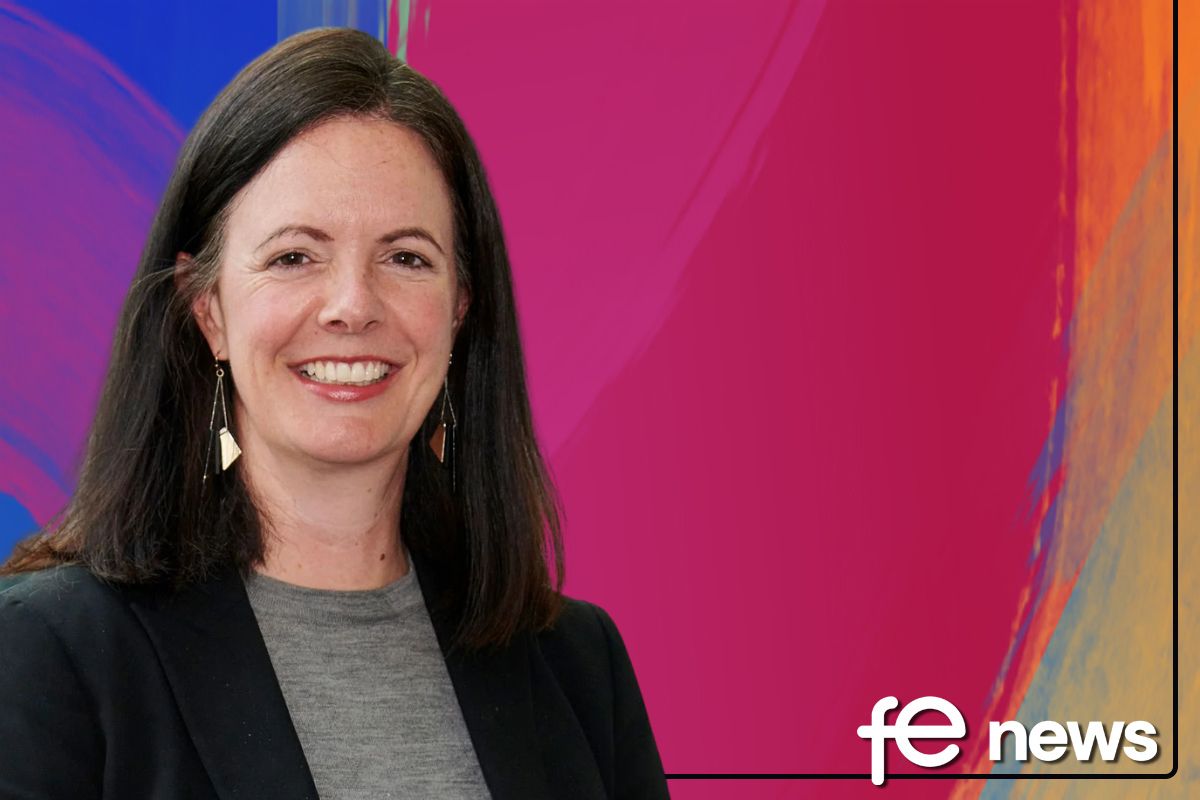Parity of Opportunity is the Prize of Reform

With the AELP National Conference only days away and crucial announcements imminent on the apprenticeship reforms, it is important to emphasise a key positive that should result from the levy if implemented in the right way.
The potential prize is a £3 billion programme that can help lead to parity of opportunity for young people. The scope for this lies in the fact that the levy system could see many more apprenticeships being offered from level 2 to 8 rather than being heavily concentrated on levels 2 and 3 as is the case now. To make this a reality, two issues have to be addressed. The first is that there are currently very few of the new apprenticeship standards at a higher education level and this needs to be rectified as an early priority of the Institute for Apprenticeships. The second challenge will be to encourage more young people at 18, having done A levels or a vocational alternative, to think of higher level apprenticeships as an option. Apprentices undertaking higher apprenticeships and degree apprenticeships should have access to maintenance grants to allow them to move close to an employer who offers the apprenticeship they are best suited for.
Even if more 18 year olds look at apprenticeships in a new light, it will also require the levy payers and the public sector organisations to think about the programme in the same way and we recognise that this will take time. How do we know this? Independent training providers deliver 76% of all apprenticeships directly or through sub-contracts and are discussing future funding proposals with their employer customers every day.
The success of the reforms depends on keeping engaged the non-levy payers or SMEs who provide over 50% or some 250,000 annual apprenticeship starts. The vast majority either pay no financial contribution or their contribution is matched by incentive payments. If these employers are required to make any upfront cash payment, it will very likely lead to their disengagement from the apprenticeship programme. We believe that this would make it difficult to achieve the Prime Minister’s target of 3 million starts by 2020, so AELP has lobbied the government to make the required cash contribution as small as possible. Ideally if there were more than one incentive in place than the proposed one for recruiting 16 to 18 year olds, cash contributions could be netted off so that effectively they were zero. However if this is not going to happen, our compromise solution is a 2-year trial to see how SMEs respond to the idea of paying small cash contributions where any contributions can be incentivised out. If we witness a repeat of what happened with adult apprenticeships after advanced learning loans were applied to them, i.e. a sharp fall in starts, then cash contributions should be abandoned altogether.
The continued engagement of SMEs is vital because they are vital for innovation and improving Britain’s productivity levels – a key government target. They also provide apprenticeship opportunities in smaller towns or rural areas where the big name employers, which we see featured in the ‘Get in, Go Far’ advertising campaign, are not always present.
Last week before I gave evidence to MPs at Westminster about the reforms, I had the misfortune to hear one or two academics trot out vastly out of date anecdotal comments about ‘low quality’ apprenticeships, even though the past few years have seen an endless stream of empirical evidence with very large samples from the NAO, CBI, BIS and SFA point to a programme that makes a significant return on investment for the taxpayer and yields high satisfaction ratings among employers and apprentices. However these academics’ concerns may acquire some substance if the government leaves unchanged its new funding cap proposals which could lead to a downward bidding war between providers for employers’ business. Our view is that significantly increasing the number of starts and maintaining programme quality is achievable if the government makes the right calls on the outstanding details over the next few weeks.
Mark Dawe is chief executive of the Association of Employment and Learning Providers











Responses